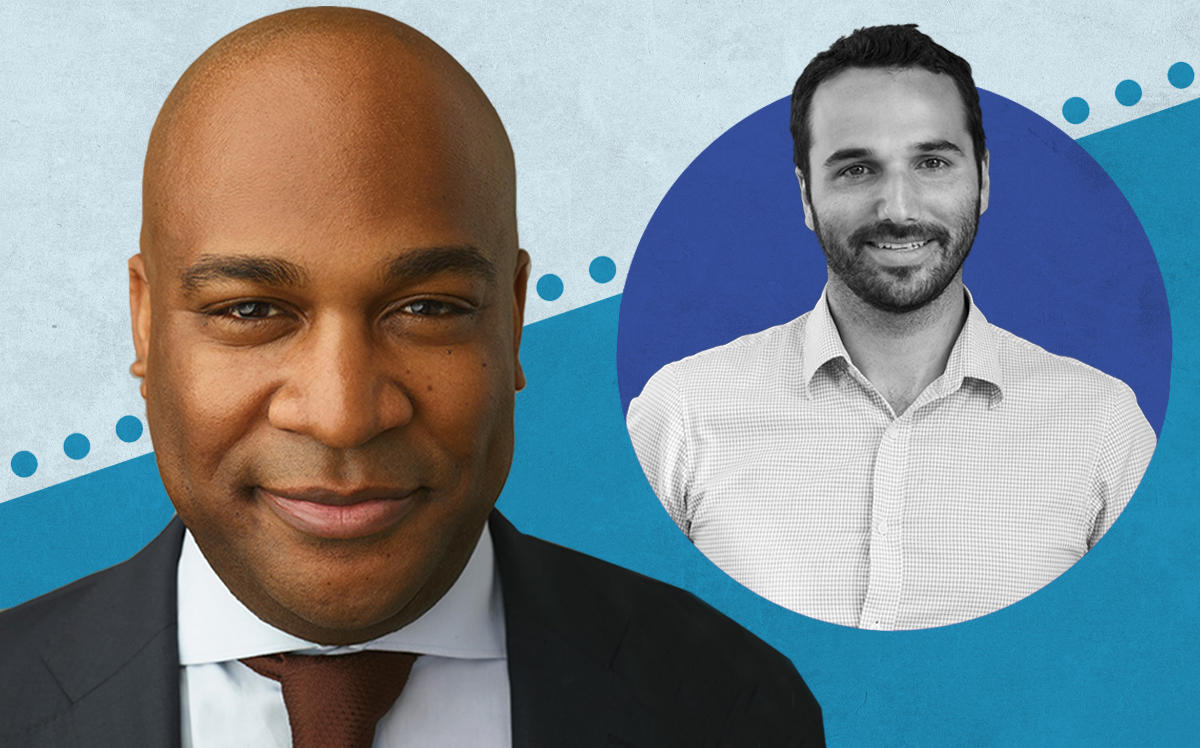Flex-office startup Industrious is beefing up its board, the company’s latest step toward a potential public offering.
The New York-based startup said it added Osei Van Horne, a managing director at Wells Fargo, as its first Black board member. Van Horne, an alum of Goldman Sachs, co-founded Wells Fargo’s Strategic Capital Technology Division, which invests in high-growth tech companies. Its proptech portfolio includes Industrious, Reonomy and Clutter, a storage startup, among others.
In May, Industrious CEO Jamie Hodari told Bloomberg the company was interviewing investment banks ahead of a potential IPO in 2021. The startup is predicting that flexible-office space will play a key role in many return-to-work scenarios.
Van Horne previously held the position of board observer at Industrious, after Wells Fargo invested in the company’s $80 million Series C last year. Since 2013, Industrious has raised more than $220 million.
In an interview last month, Hodari said board diversity isn’t just good optics. “You’re going to be a better business with a governance structure that has a diversity of voices, period,” he said.
Read more


But tech companies have been on alert since last year, when WeWork filed a prospectus to go public without a single female board member. (It named Kirthiga Reddy to its board in February.) In January, Goldman Sachs said it would no longer take companies public with all-white and all-male boards, prompting fast-growing firms scrambling to diversify their ranks.
In May, Industrious also tapped real estate veteran Mary Hogan Preusse as its first female board member.
By then, the company was in talks with Van Horne about joining the board. But after the killing of George Floyd, which set off national protests over racism and police brutality, the drumbeat of voices calling for diversity in corporate America got louder.
In a phone interview, Van Horne said that when it comes to diversity, commercial real estate has “lagged significantly” compared to the residential industry. “We must do better,” he said.
“First and foremost, I’m interested in making sure Industrious is a success story,” Van Horne said. “But in the process, I also recognize I have a responsibility to represent and help others who are also trying to enter the industry — who are either would-be investors or folks who are interested in real estate. And I take that responsibility very seriously.”
Despite the pandemic, Industrious claims its revenue is on track to grow 25 percent this year. The company cut one-third of its staff in March, and began bringing back 64 furloughed employees in May.
Van Horne said the pandemic is accelerating certain trends, such as fewer companies building centralized headquarters. With more people working from home, he said that employers may look to flexible office space.
“What’s also true is that we’ll see more and more companies moving toward removing fixed liabilities from their balance sheet,” he said, referring to office leases. “Not every company, but there will be a large set of the space that will focus on flex as a preferred option.”
